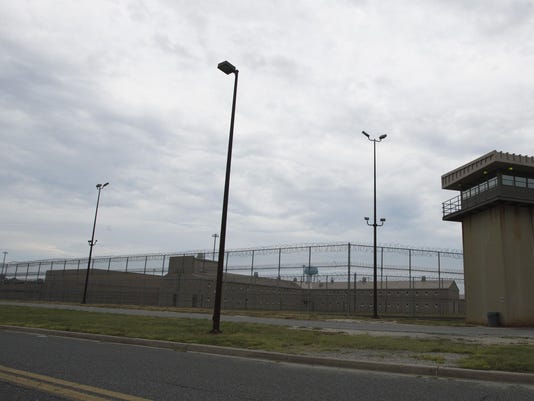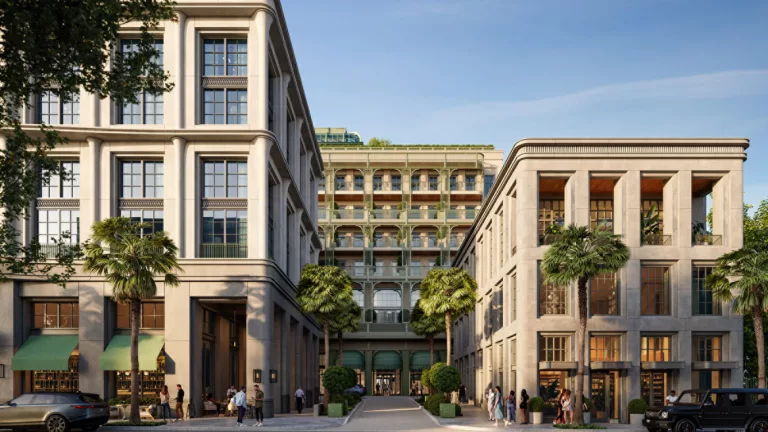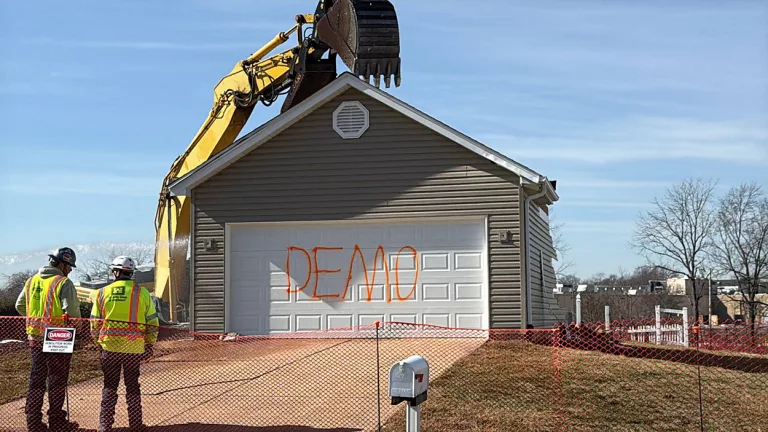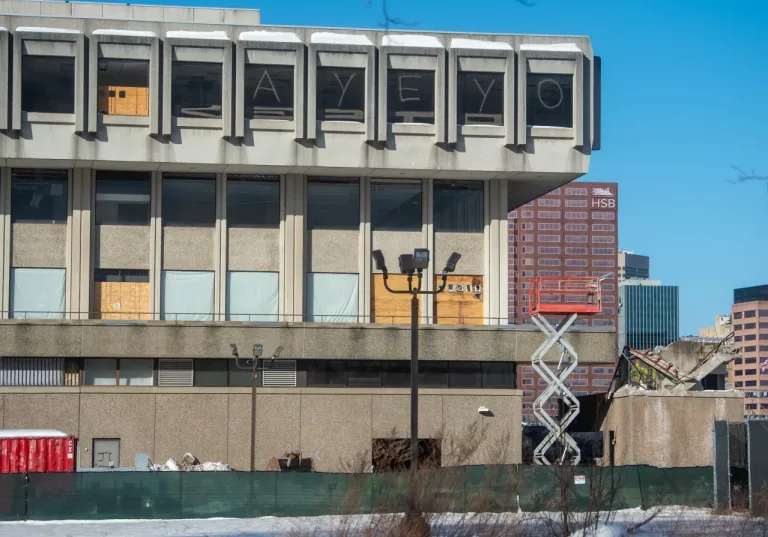
The Maryland Board of Public Works on Wednesday approved a $27.5 million contract for demolishing the shuttered Baltimore City Detention Center to make room for a proposed mental health and substance abuse treatment center for inmates.
Gov. Larry Hogan in 2015 closed the decrepit jail facility that dates to the 19th century. He said Wednesday he was looking forward to the new use of the site just east of downtown Baltimore.
“We’re very excited,” Hogan said. “We finally brought an end to a long history of deplorable conditions at that facility.”
The Republican governor was joined in approving the contract to Parkton-based Towson Mechanical Inc. by Democratic board members Treasurer Nancy Kopp and Comptroller Peter Franchot.
The state took over the jail from the city in 1991, and it has a history of corruption and violence. By 2013, federal and state authorities said it was effectively run by the Black Guerrilla Family gang, whose leader was recorded on a wiretapped phone call declaring, “This is my jail.” Dozens of inmates and corrections officers were indicted and convicted.
Hogan hopes to put a mental health and substance abuse treatment center for inmates in its place in an effort to combat the state’s opioid addiction epidemic.
The demolition is expected to begin within the next month and take about a year and a half to complete. It will include the removal of numerous underground utilities and replacement of fences and security electronics.
This contract will demolish “16 major structures and 23 minor structures — all the vacated buildings that were part of the closed portion of the Baltimore City Detention Center, as well as some buildings that were part of the Metropolitan Transition Center,” the board agenda states.
Kelly Cross, president of the Old Goucher Community Association, appeared before the board and asked it to “put the brakes” on the demolition. He supports a community redevelopment plan that does not include any corrections facilities. He said continuing to use the area in such a way cuts East Baltimore neighborhoods off from downtown economic development.
“It sends a message that crime and punishment” are more important to the city, Cross said. “We don’t need a new prison.”
Doug DonovanContact ReporterThe Baltimore Sun




